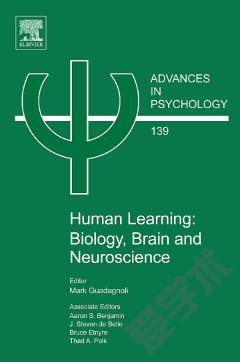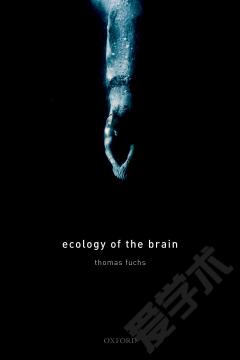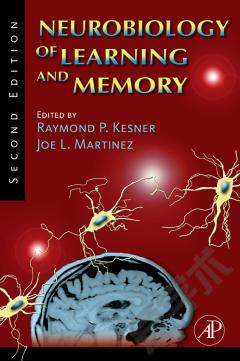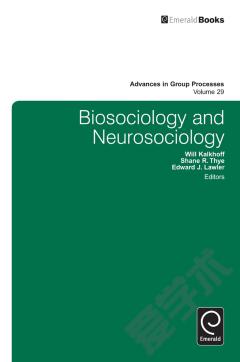Human Learning: Biology, Brain, and Neuroscience
Human learning is studied in a variety of ways. Motor learning is often studied separately from verbal learning. Studies may delve into anatomy vs function, may view behavioral outcomes or look discretely at the molecular and cellular level of learning. All have merit but they are dispersed across a wide literature and rarely are the findings integrated and synthesized in a meaningful way. Human Learning: Biology, Brain, and Neuroscience synthesizes findings across these levels and types of learning and memory investigation.Divided into three sections, each section includes a discussion by the editors integrating themes and ideas that emerge across the chapters within each section. Section 1 discusses general topics in human learning and cognition research, including inhibition, short term and long term memory, verbal memory, memory disruption, and scheduling and learning. Section 2 discusses cognitive neuroscience aspects of human learning. Coverage here includes models, skill acquisition, declarative and non declarative memory, age effects on memory, and memory for emotional events. Section 3 focuses on human motor learning.This book is suitable for cognitive neuroscientists, cognitive psychologists, kinesthesiologists, and graduate courses in learning.* Synthesizes research from a variety of disciplines, levels, and content areas* Provides section discussions on common findings between chapters* Covers motor and verbal learning
{{comment.content}}








 京公网安备 11010802027623号
京公网安备 11010802027623号